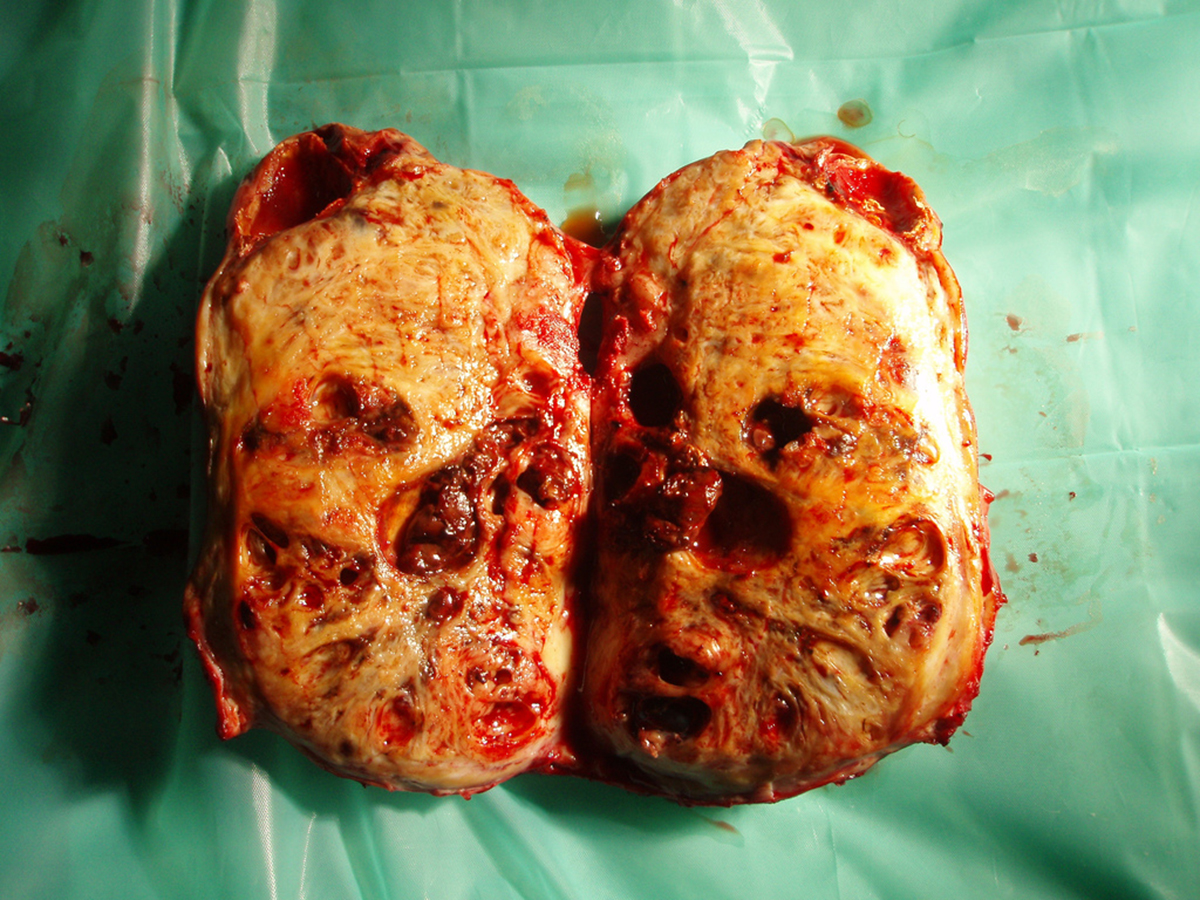Table of Contents
This isn't an article about a miraculous cure for ovarian cancer. It's about a way to extend life, in many cases, by about a year, without using larger doses of drugs or increasing radiation. It's about a method that's, sadly, largely ignored.
To put the matter frankly, any woman who has been told she needs to go on chemotherapy for ovarian cancer needs to ask for "abdominal" or "intraperitoneal" administration of the drugs. If the doctor says no, then she needs to look for a different doctor. The eventual outcome for this kind of cancer often is death.
However, when ovarian cancer patients are able to get their chemo in this way, they are a little less than 15 percent more likely to survive to the three-year mark after diagnosis, and up to nearly 50 percent less likely to suffer complications from their treatment.

What do women need to know when they choose to receive chemo for ovarian cancer? Here are some key points.
- In ovarian cancer, the most effective treatment is both cancer-specific and site-specific. The drug needs to be specific to ovarian cancer, not some other kind of cancer. That's rarely a problem with modern cancer treatment. Doctors have access to and choose appropriate medications. Where treatment is likely to be deficient is that usually chemo is not site-specific. The cancer-fighting drug needs to be delivered to the cancer, not to the entire body.
- The most common route through which ovarian cancer spreads is through the intraperitoneal, or abdominal cavity. Giving chemotherapy directly in the path of the cancer is the best way to stop its spread.
- Intraperitoneal chemotherapy results in fewer side effects from the treatment, because the drug is concentrated in cancer tissues, and is found in much lower concentrations in the bloodstream. The rest of the body gets a lower dose of the drug, which means that the patient will feel less unwell.
- Intraperitoneal chemotherapy needs to be given by doctors and nurses who are specialists in gynecological cancers. Inexperienced providers may give ineffective treatment.
- Some oncologists mistakenly believe that abdominally-administered chemotherapy has only been tested in clinical trials. As the study cited below shows, it has been used in hospitals all over the United States for nearly 20 years already.
- Some oncologists are concerned about complications of site-specific treatment. Toxicity is actually greater in the abdomen than it is with conventional treatment. This makes accidents (perforating the bowel, cutting a blood vessel) more serious. This is another reason women should seek out providers who have experience with this method, as well as a reason for which doctors may avoid choosing it.
- The benefits of abdominally administered chemotherapy are not just in the short-tem. Nearly 20 percent of women who get chemotherapy through this method live 10 years after their diagnosis.
There are some limitations to this method of treating ovarian cancer. It does not work as well in older women. It not work as well in recurrences of cancer, although it may still be preferable to other methods. Women who have scar tissue from abdominal surgery may not be good candidates for the technique. Surgery alone is almost never enough once ovarian cancer has spread, and some form of chemotherapy will relieve pain and extend life.
The common chemotherapy drug Adriamycin (doxorubicin), added when ovarian cancer has begun to spread, can have devastating effects on the heart. Make sure you understand the implications for heart health before you begin treatment. The bottom line, however, is that this form of chemotherapy is usually preferable to the venous route. You owe it to yourself to find a doctor who will explore the possibilities of using it.
- Alexi A. Wright, Angel Cronin, Dana E. Milne, Michael A. Bookman, Robert A. Burger, David E. Cohn, Mihaela C. Cristea, Jennifer J. Griggs, Nancy L. Keating, Charles F. Levenback, Gina Mantia-Smaldone, Ursula A. Matulonis, Larissa A. Meyer, Joyce C. Niland, Jane C. Weeks and David M. O'Malley. Use and Effectiveness of Intraperitoneal Chemotherapy for Treatment of Ovarian Cancer. Presented, in part, at the 50th Annual Meeting of the American Society of Clinical Oncology, Chicago, IL, May 30-June 3, 2014.
- Photo courtesy of dayblakelydonaldson via Flickr: www.flickr.com/photos/thespeakernews/20663715639
- Photo courtesy of kalidoskopika via Flickr: www.flickr.com/photos/kalidoskopika/2022600825


Your thoughts on this